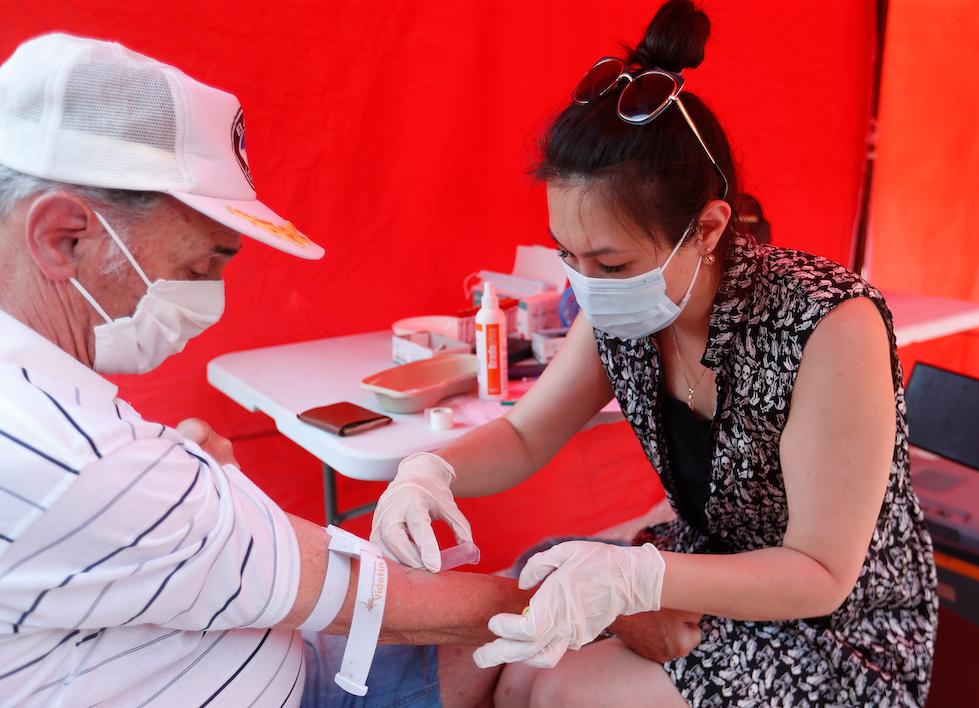A new study by researchers in Hong Kong has found that recipients of BioNTech’s Comirnaty COVID-19 vaccine generate 10 times more antibodies than those who receive the Chinese CoronaVac vaccine made by Sinovac.
The study showed that even after receiving their first BioNTech dose, recipients’ antibody levels were higher than those who had received two doses of Sinovac.




